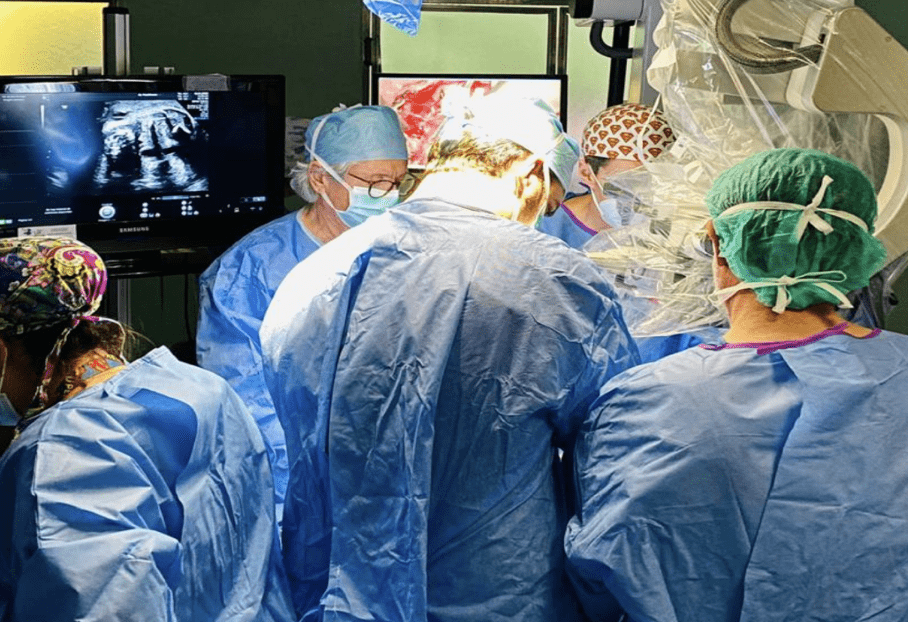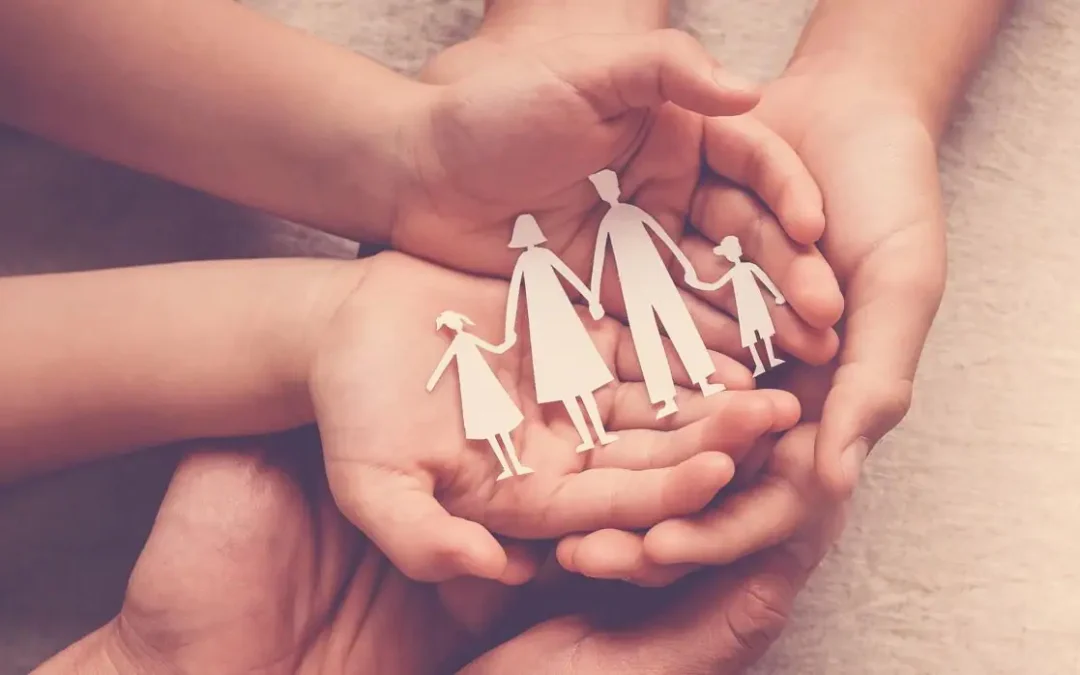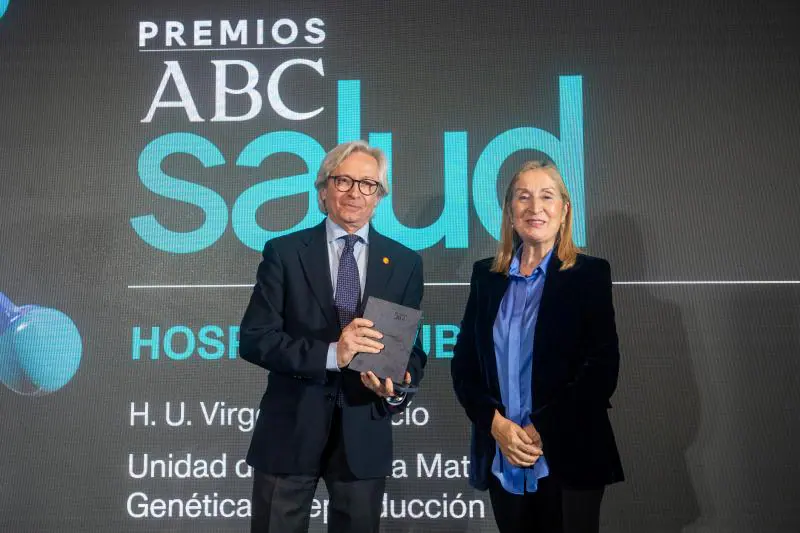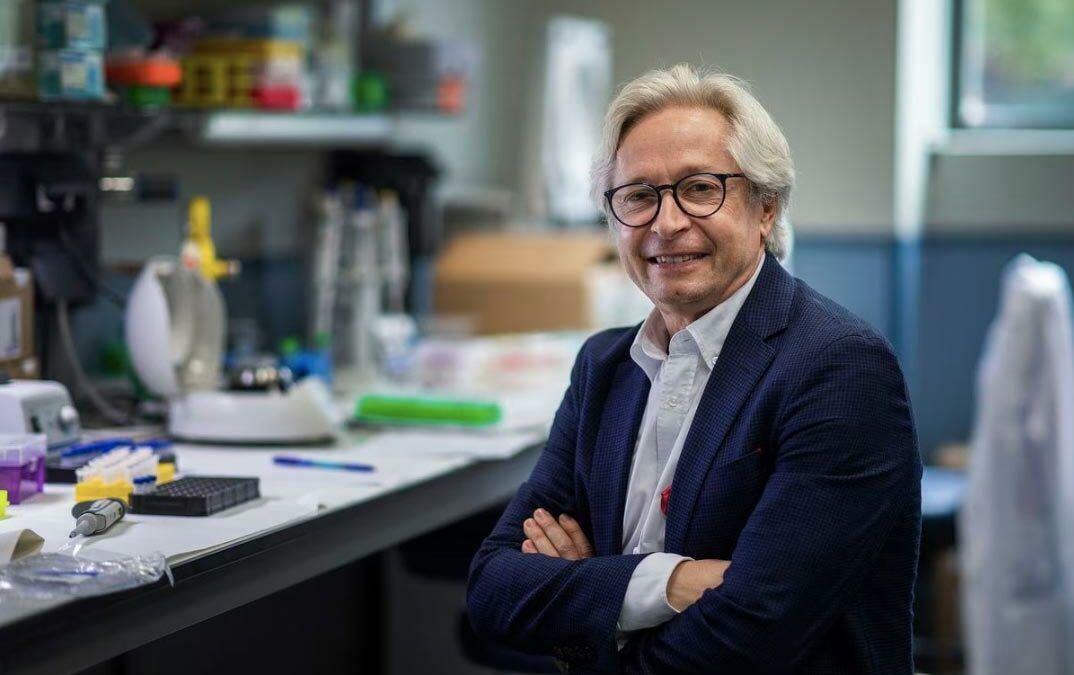
Feb 29, 2024 | Noticias
La Unidad de Medicina Maternofetal, Genética y Reproducción del Hospital Universitario Virgen del Rocío (Sevilla), liderada por el Dr. Guillermo Antiñolo, ha marcado un antes y un después en el tratamiento de anomalías fetales. Este equipo ha perfeccionado la cirugía...

Dic 27, 2023 | Noticias
Historias humanas y cirugía fetal En la Tribuna ABC realizado por el doctor Guillermo Antiñolo, «Supervivientes inesperados», destaca la trascendental labor del programa de Medicina Fetal y Genética Prenatal desde su inicio en 2008 en el Hospital Universitario Virgen...

Dic 11, 2023 | Noticias
En la XIII edición de los Premios ABC Salud, se ha reconocido la contribución de los profesionales de la salud, incluyendo médicos, enfermeros y farmacéuticos. Así como la importancia de la medicina pública, privada y la industria farmacéutica. Este año, se destaca la...

Oct 4, 2023 | Noticias
El País – Guillermo Antiñolo, ginecólogo y genetista: “La mujer envejece a doble velocidad por la falta de estrógenos” El científico desarrolla el primer genoma médico femenino basado en la condición biológica específica para ser madres. Mujeres y hombres son...





